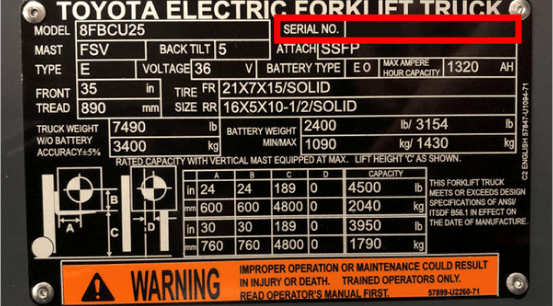Using The Toyota Production System To Eliminate Waste

You’ve probably heard of the Toyota Production System, maybe in a college course you took or while working in the manufacturing or material handling industry.
Toyota Production System Is Applicable Among Various Industries
It’s a tried and true process developed from the philosophy of just-in-time production, an approach solidified by Toyota’s early founders. The Toyota Production System (often referred to as “TPS”) has benefited more than just Toyota’s automobile or material handling manufacturing facilities. TPS has found its way to hospitals to make healthcare safer and more efficient and to manufacturers of products outside of heavy machinery. TPS is world-renowned, and you may wonder how TPS can benefit your own facility.
Importance Of Eliminating Waste
The success of the Toyota Production System could not be achieved without one of its ultimate objectives: the total elimination of waste.
According to TPS philosophies, waste can be broken down into three categories: muda (unneeded materials), mura (unevenness), and muri (overburden).
Your business has likely been impacted by one of these three primary forms of waste in one way or another (and likely all three at once). The important thing to remember is that waste is the enemy of Lean production.
Muda focuses on eliminating any material that doesn’t add value to your production. Things like excess inventory, overproduction, and quality defects can slow down your production and rack up additional costs. Assess where the problems are occurring and actually go and see the issues for yourself (we call this act genchi genbutsu) to truly understand the situation. From there, find ways to make improvements.
Mura is an issue that often popsup within your process times, cycle times, and within the broader supply chain. It is inevitable that demands will fluctuate and that your forecasting measures will encounter unpredicted fluctuations. However, if inconsistencies arise in the process of your manufacturing or business practices, you may find that unfair workloads are being placed on your workers to meet the goals of your business. Stay aware of swinging industry trends, alterations for seasonality, and internal changes in staffing and sourcing that may impact the supply chain. From there, determine the ways these goings on will impact your business and determine measures to take to prevent this type of waste.
Lastly, muri arises when too much stress (overburden) is placed on employees or business processes. Oftentimes, this type of waste is a result of mura. Combat this type of waste by making sure your employees are properly trained and aware of the processes they’re performing. If part of a process is unclear to them, walk them through the steps that need to be taken and why each step is important to the quality of the work and to the desired outcome. Be sure to also equip employees with the tools they need to get the job done.
These types of waste are interconnected, with one type often being the cause of the other. While the elimination of waste is just one part of the Toyota Production System, it is a critical component of Lean manufacturing that seeks to save you time and money and can have a positive impact on your employees.


